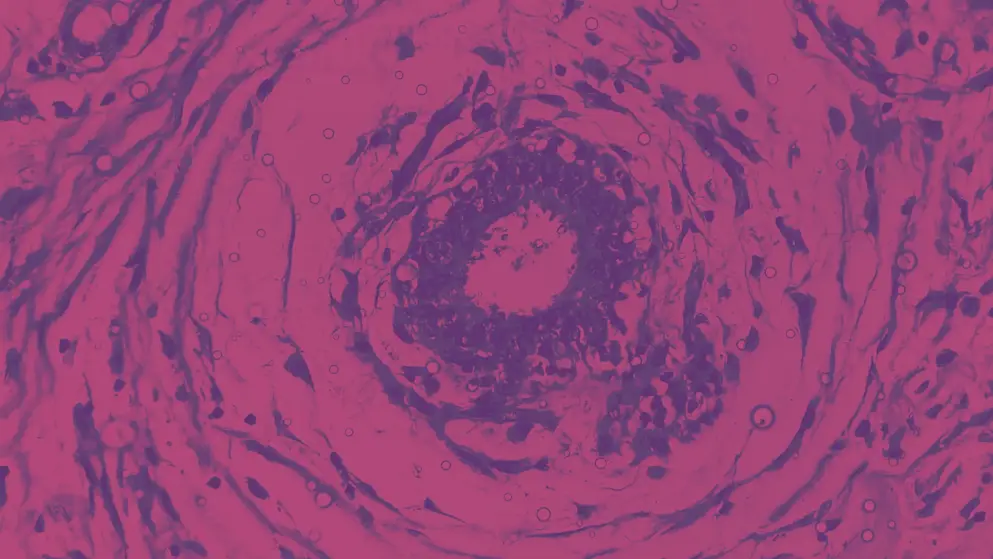
Advances in hidradenitis suppurativa
Transcript: Surgery and barriers
Professor Falk Bechara
Interview recorded Feb 2024, EHSF 2024. All transcripts are created from interview footage and directly reflect the content of the interview at the time. The content is that of the speaker and is not adjusted by Medthority.
HS is a specific disease, not only to its course of the disease, but also due to the fact that over time the disease shifts from inflammation to tissue destruction. And once the disease has reached that point, irreversibly damaged tissue can only be removed via surgery. That's the reason why surgery is playing such an important role in the holistic treatment approach of the disease.
Well, if you think about the performance of surgery, there are two different types or indications for sure. Even in early disease, if there is a acute abscess formation, you would need a minimal surgical procedure such as incision and drainage or deroofing, for example. And there the goal is to relieve pain. But normally the indication for surgery is the irreversibly damaged tissue, which consists of scars and fistulas in HS. And once you have those lesions, you have a clear indication to excise those.
Well, I think there are different barriers when it comes to surgery. I guess if you look at the patient, there's definitely a barrier for a lot of patients to undergo surgery because they had maybe insufficient or inadequate surgery before. So it takes time, and you really have to explain to the patient why surgery is necessary and clearly make sure what is the goal of your surgical procedures. On the other side, once the patient is willing to undergo the procedure, we still face the barrier that there are not a lot of highly experienced surgical centres. So unfortunately in a lot of countries, surgery is not really dealing with HS. And quite sometimes surgeons are not too interested in the disease. And I think these two points are really forming together the whole barrier of surgery nature.
Well, the first barrier is really you have to be, you have to show empathy to the patient. I mean, you have to understand why probably he does not want to undergo surgery, probably too bad experience in the past. And you have to do your job and you have to explain clearly why the surgery is so important. The other barrier is even more complex in my opinion. And I think it takes a lot of work, but it's worth to go into intense cooperation with surgical disciplines to find surgeons who are somehow dedicated and interested in the disease and to start just to cooperate. And I think that's, it's long way, but it's worth going in.
This content has been developed independently of the sponsor, UCB Biopharma SRL, which has had no editorial input into the content. EPG Health received funding from the sponsor in order to help provide its healthcare professional members with access to the highest quality medical and scientific information, education and associated relevant content. This content is intended for healthcare professionals only.

